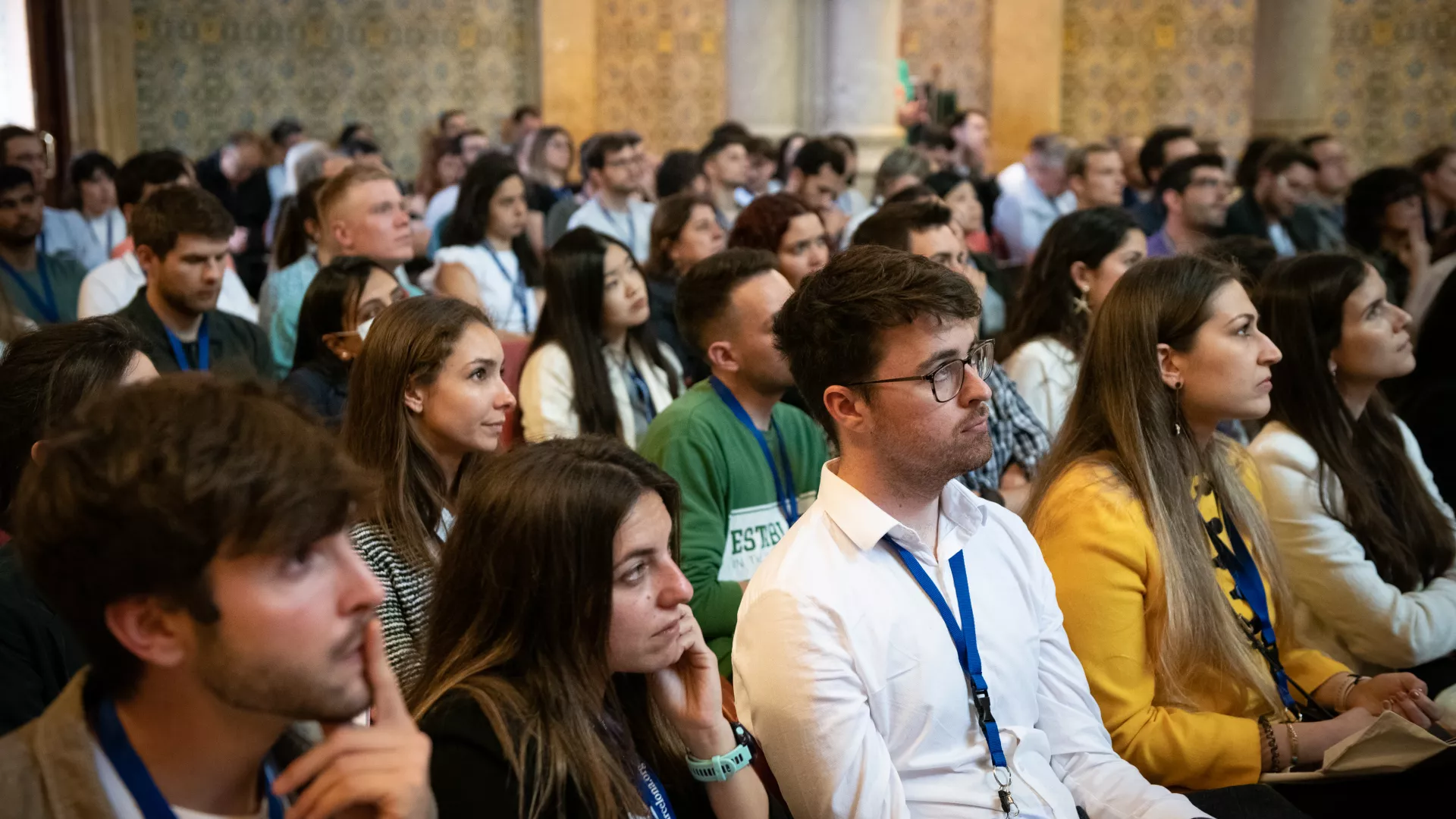Title: Comprehensive characterization of pancreatic ductal heterogeneity to identify multipotent progenitors
Speaker: Dr. Meritxell Rovira
Principal Investigator, P-CMR[C] - Program for Clinical Translation of Regenerative Medicine in Catalonia / Institut d'Investigació Biomèdica de Bellvitge (IDIBELL), Barcelona, Spain
Presentation
Organizer: IRB Research Nodes
Date: Wednesday 17 November 2021, 12:00h
Place: Auditorium, PCB
Speaker: Dr. Meritxell Rovira / Program for Clinical Translation of Regenerative Medicine in Catalonia / Institut d'Investigació Biomèdica de Bellvitge (IDIBELL), Barcelona, Spain
Title: "Comprehensive characterization of pancreatic ductal heterogeneity to identify multipotent progenitors"
Host: Dr. Núria López-Bigas - Biomedical Genomics Group / Computational Biology Node - IRB Barcelona
Abstract:
Diabetes mellitus is a metabolic disorder characterized by loss or dysfunction of insulin producing pancreatic β cells required for the regulation of blood glucose levels. Nowadays diabetic patients, Type 1 and advanced Type 2, are dependent on insulin injections for life to maintain normoglycemia. An alternative approach to recovering glucose homeostasis is the restoration of β cells, either by replacement with exogenous cells or by regeneration from endogenous progenitors. Ductal cells have attracted most of the attention as potential progenitors for three main reasons: 1) Small endocrine cell clusters, budding, near to or embedded in the ductal tree, are found in mammals during normal growth or regeneration, suggesting that putative or facultative progenitors may reside in the ducts; 2) Ductal cells and endocrine cells share a common bipotent progenitor during development; and 3) Terminal pancreatic differentiated lineages (acinar, ductal and α cells) can transdifferentiate into β cells and acquire a progenitor-like/ductal-like state in response to injury, prior to giving rise to new β cells. Therefore, whether ductal cells play a role in mammalian pancreas regeneration remains uncertain but nevertheless possible.
Now we have comprehensively characterized ductal heterogeneity at single cell resolution in order to identify ductal populations with progenitor potential. In this unpublished work, we have identified 17 populations, one of them displaying markers related to progenitor signatures and localized in big/medium size ducts. We have characterized new ductal populations in the tissue both in mouse and human samples. Furthermore, functional studies have shown that organoids derived from medium-big ducts have higher capacity to differentiate into endocrine progenitors, thus suggesting that these ductal cells could be used as an unlimited source of endocrine progenitors to regenerate β cells.
IRB Research Node Seminar
IMPORTANT: For attendees outside the PCB community you must register at least 24h before the seminar. Please contact: eva.poca@irbbarcelona.org

